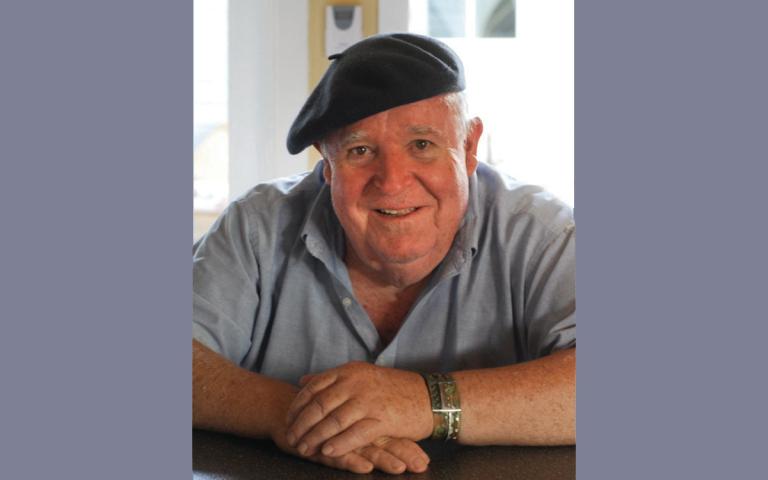
“It was something I always aspired to - to get involved in engineering.”
Bob Riley ‘60 grew up in Detroit watching his father’s involvement in the automotive industry. So the idea of attending Kettering University (then General Motors Institute) just seemed to make sense.
“I was born and raised amidst the industry,” Riley said. “It was something I always aspired to - to get involved in engineering.”
He wanted to participate and contribute to the industry. His knowledge, passion and expertise grew from there. So much so that he decided to write his first book, titled “DETROIT … Why the Circus Left Town.”
The idea for the book came in late 2008. He retired in 1995 and was living in New Jersey. But he continued to do seminars at Princeton University. He was in an economic seminar when the chairman of the Economic Department rushed in saying “GM just stopped trading!” He then asked if anyone could explain how that happened, adding that’s a piece of news he never thought he would hear in his lifetime.
“The rest of my day was spent rationalizing that I might be exactly the right insider guy (as sales director of the largest suppliers) to write a narrative of the influences on the industry over those many decades,” Riley said.
It was a long, complicated story, but Riley realized he could do it as an anecdotal narrative and explain what contributed to the demise.
“I started writing the book three months later. Overall this book attempts to demystify why the American automotive industry went from producing 80 percent of the world’s cars in the 1950s to bankruptcy in 2009,” Riley said. “I lived through the whole thing.”
The book chronicles the fortunes of the “Big 3” automakers over the past 60 years and also proposes a scenario for a prosperous and sustainable future for the industry and its host city, Detroit.
After high school he went to Kettering (then General Motors Institute) to study Mechanical Engineering. After college he worked for General Motors briefly and then went on to work for Bendix and Lear.
Chapter five, titled “Fun Over,” highlights Riley’s time at Kettering. He’s quick to recall how much sleep university officials still owe him. The pace was fast and there were many times when he and other students were passing up sleep to get homework done, Riley said.
In the end, however, the fast pace and real world experiences prepared him well for his future, he said.
He learned real-world experience and a tolerance for operating in semi-chaos during his time at Kettering to get him ready for the professional world.
“When I got on board with the program I rose quite quickly in positions that involved problem-solving,” Riley said.
He was a tool designer at Fisher Body for four years before moving onto the GM supplier, Lear, where he was head of his department before the age of 30. He then spent a small time with an aluminum company before moving to Bendix, where he retired from as director of licensing.
Riley believed he had the experience and the knowledge to break the crisis down for enthusiasts of the automotive industry. And so he did just that.
“I’m pretty proud,” Riley said. “Other than holding your children there’s nothing like holding your book in your hand.”